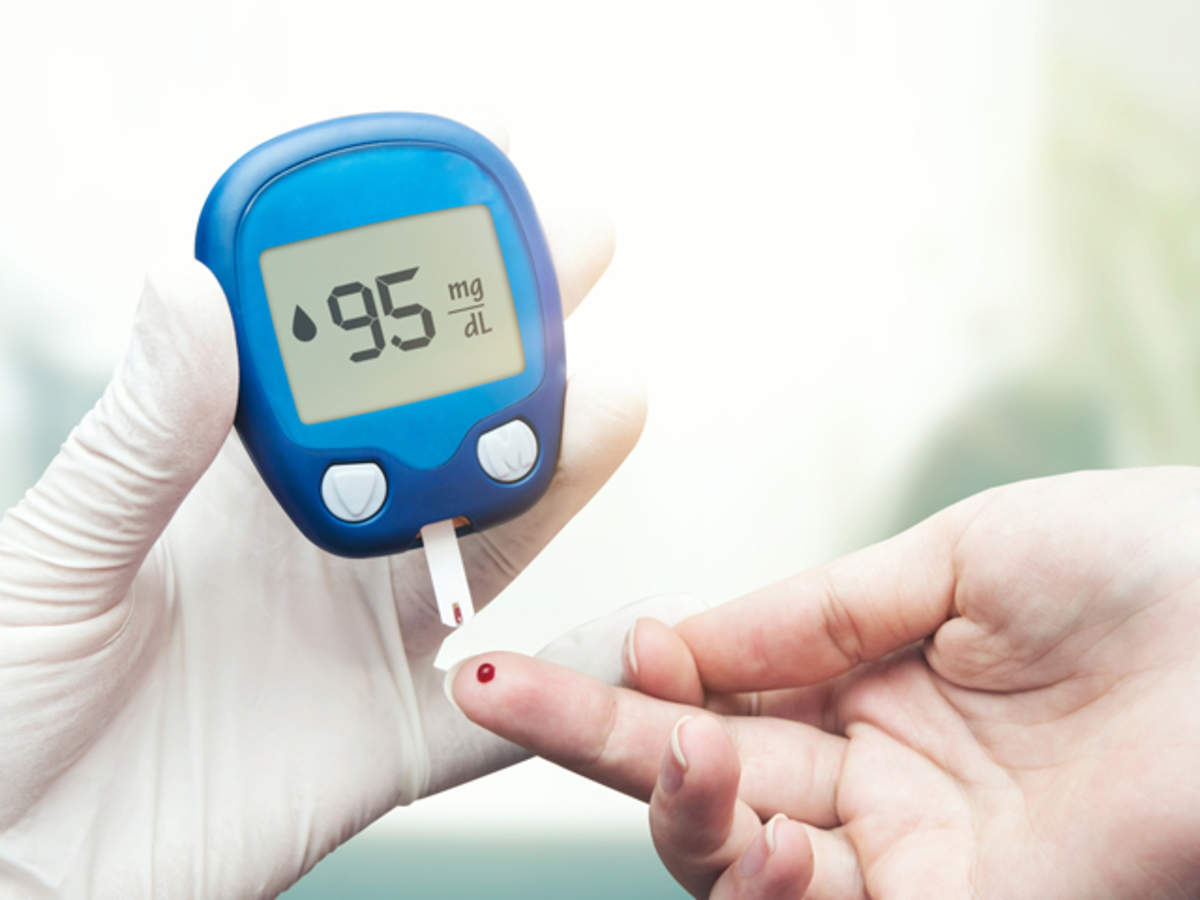
Diabetes is a chronic metabolic disease with no known cure. It’s caused by an insufficient production of insulin, lack of insulin, or the body’s resistance to insulin. Research suggests that men with coronary heart disease are twice as likely to die if they have diabetes than those without it, and diabetic women are four times more likely to die of cardiovascular diseases than non-diabetic women.
As diabetes progresses through the body, it can eventually lead to serious health complications including cardiovascular diseases (CVDs) such as coronary vascular disease and stroke, chronic kidney disease (CKD), diabetic neuropathy, etc.
Diabetes can cause cardiovascular complications for a few reasons.
Hypertension
One of the key ways that diabetes leads to hypertension is through damage to the kidneys. When the kidneys are damaged, they can’t function properly and can’t get rid of the excess fluid in the body. This causes the blood pressure to rise as the heart has to work harder to pump blood around the body.
Damaging Blood vessels
One of the ways diabetes can cause cardiovascular diseases is by damaging blood vessels. When people have diabetes, their blood sugar levels are constantly high. This can damage the lining of blood vessels and make them less flexible. When blood vessels aren’t flexible, it can be harder for blood to flow through them. When the heart’s pumping action gets weaker, not as much blood and oxygen get to the organs and tissue of the body including heart. Over time, this lack of blood flow causes damage to the heart muscles
High levels of cholesterol and Glucose
Diabetes also causes high levels of cholesterol, which can accumulate in the walls of blood vessels and cause blockages . It also increases triglyceride levels, which are another form of fat in the bloodstream. Diabetics tend to have high amounts of this type of fat because they experience difficulty breaking down carbohydrates (a component of food that is turned into glucose).
The excess glucose produced during the process of carbohydrate breakdown accumulates in the bloodstream as glycogen. When it reaches a certain level, it becomes toxic for the body. The excess glucose can damage small vessels, nerves and blood vessel walls which may cause atherosclerosis diseases.
Insufficient production of insulin
The other reason why diabetes cause cardiovascular disease is because of insufficient production of insulin. Insufficient production will cause the body to not be able to transfer glucose from blood vessels into cells, which can result in a high concentration of sugar in the blood. This will cause your blood to get thicker and will give your heart a tough time pumping it through out the body.
For transporting thicker blood your heart needs to exert more pressure which comes from a greater force applied by your cardiac muscles. This clearly tells that your heart muscles will under go fatigue and may get other complications because of it.
Oxidative stress
Oxidative stress is a condition where the body produces or consumes more reactive oxygen species than it can neutralize. This leads to a state of oxidative stress, which has been implicated in the development of many chronic diseases.
One of the ways that diabetes causes damage to the heart is through oxidative stress. When blood sugar levels are constantly high, it can create a lot of oxidative stress in the body.
Over time, this can lead to a build-up of plaque on the walls of the arteries. Plaque is made up of cholesterol, fatty acids, and other materials. It can harden over time and reduce the amount of space available for blood to flow through. This can lead to a condition called atherosclerosis, which is when plaque builds up in the arteries and restricts blood flow.
Other complications
Atherosclerosis can lead to a number of serious cardiovascular diseases, including coronary heart disease (CHD), stroke, and heart failure.
Consult a doctor
It is very important that you consult a doctor as soon as possible if you have been diagnosed with diabetes. Your doctor will be able to prescribe treatment and help aid your recovery from the disease.
There are many different treatment options for diabetes, including lifestyle changes, medications, and surgery.
In addition to this, it is very important that you visit your doctor regularly for blood tests and checkups. This is important to make sure that your condition remains under control, and does not develop into something more serious.
You can visit a General Surgeon in Lahore and General Surgeon in Islamabad here.
Related posts:


Forex & Crypto
5 Best Ways to Earn Crypto While You Sleep in 2025
Categories
- Apps (1)
- Automotive (23)
- Beauty (7)
- Business (122)
- Celebrities (2)
- Digital Marketing (21)
- Ecommerce (2)
- Education (22)
- Entertainment (39)
- Events (6)
- Fashion (1)
- Features (4)
- Finance (1)
- Fitness (10)
- Food (2)
- Forex & Crypto (23)
- General (116)
- Health (48)
- House (61)
- Lifestyle (57)
- Marketing (8)
- Parenting (3)
- Pets (10)
- Real Estate (8)
- Safety and Security (14)
- Social Media (31)
- Sports (140)
- Technology (73)
- Travel (23)





















